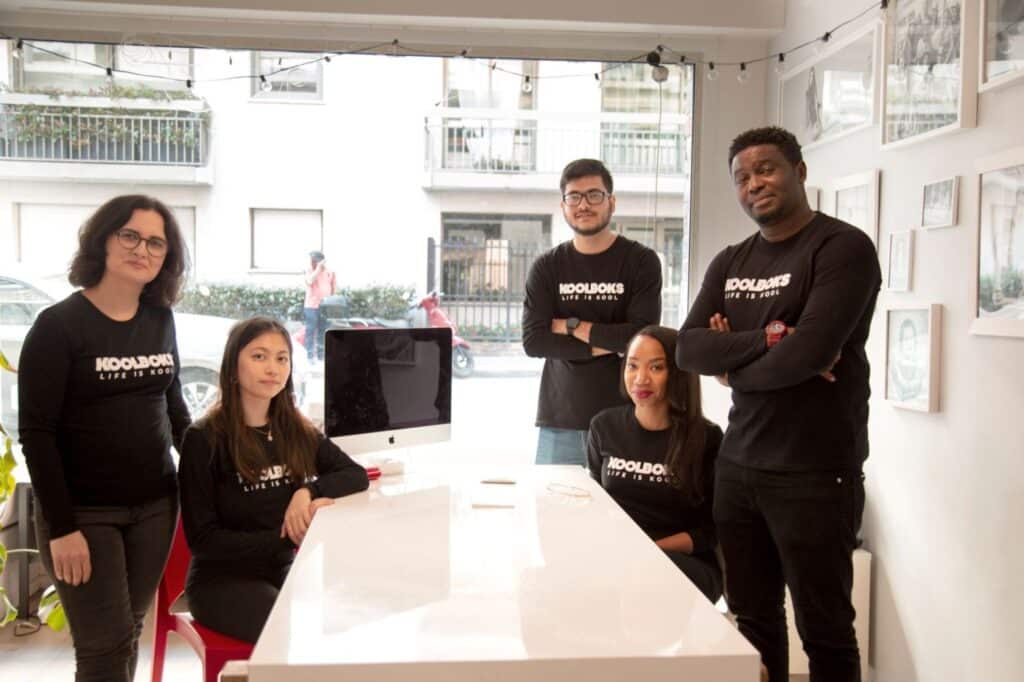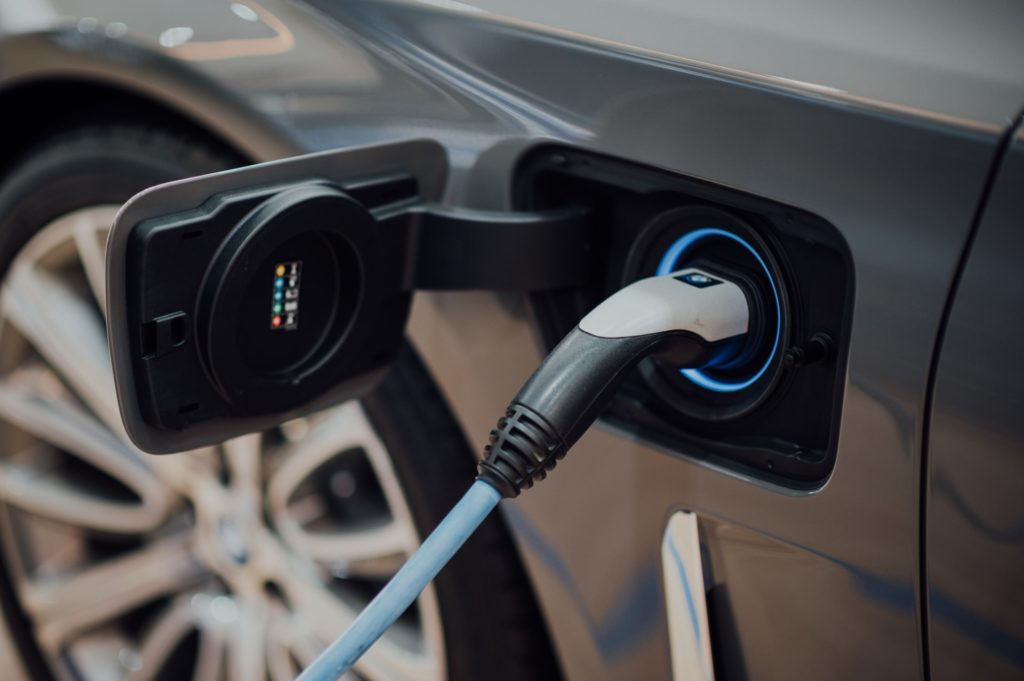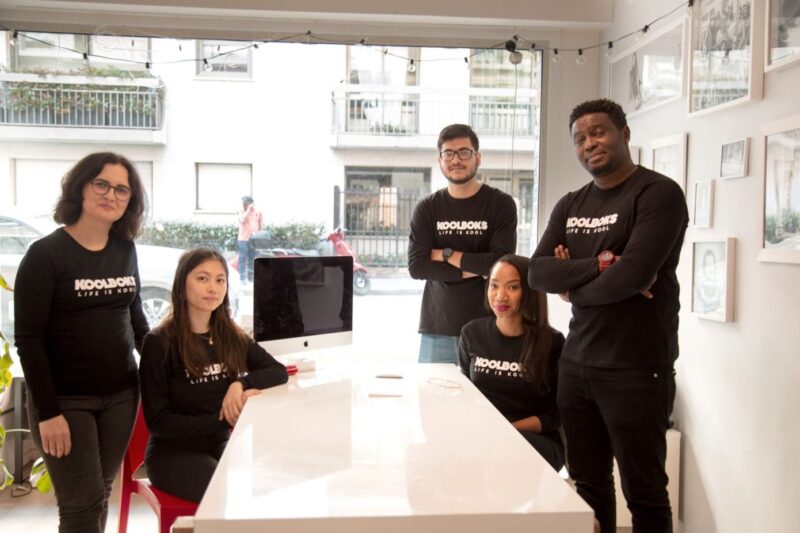Moien,
Victoria from Techpoint here,
- Koolboks raises $11M to cool Africa’s small businesses
- Ethiopians say EVs are not a top priority
- CBN moves to lock down POS devices
Koolboks raises $11M to cool Africa’s small businesses

Koolboks, an African-focused climate tech startup tackling Africa’s cooling crisis, has just bagged $11 million to scale its solar-powered, IoT-enabled refrigeration units across the continent and other emerging markets. The round, a mix of equity and debt, was led by KawiSafi Ventures, with Aruwa Capital and All On also doubling down. Debt funding came from FFEM and bpifrance, with grants and results-based financing stacked up from heavyweights like Innovate UK, Shell Foundation, and CEI Africa.
For Koolboks, which raised $2.5 million in seed funding in 2022, this new raise is about more than just money. It’s about survival for small businesses. “Every day, I meet small business owners, mostly women, who are forced to throw away unsold food or burn diesel just to stay open,” CEO and co-founder Ayoola Dominic told reporters. “Cooling is not about convenience. It’s about survival, dignity, and income. This raise allows us to deepen our reach, build locally, and put power literally back in their hands.”
The company already has more than 10,000 solar freezers across 25 countries, serving everyone from market women and frozen food sellers to bars and rural clinics. Each unit comes with IoT smarts — tracking temperature, energy use, and even when the doors open — while linking up with a PAYGO system so customers can pay flexibly without breaking the bank.
Co-founder Deborah Gaël stressed the human impact. “As a woman and co-founder, I’ve seen firsthand how access to reliable cooling can transform a small business and a household. This isn’t just about technology. It’s about economic freedom for women, for families, for communities.” Koolboks is also pushing its Koolbuy platform for BNPL cooling products and expanding Scrap4New, a recycling programme that refurbishes discarded freezers into IoT-enabled solar units.
With rising temperatures, unstable electricity, and mounting food waste, Koolboks is positioning itself at the heart of climate resilience and inclusive innovation. In short, it’s not just keeping drinks cold; it’s keeping small businesses alive.
Ethiopians say EVs are not a top priority

Ethiopia made a bold move back in January 2024. It became the first country in the world to completely ban the import of fuel-powered cars. The idea was simple: cut down on the billions of dollars spent each year on fuel imports and go green while at it. Just last year alone, the country splashed a staggering $7.6 billion on fuel, about a third of its national budget.
To push this shift, the government rolled out major tax breaks for electric vehicles (EVs). The result? A wave of shiny new EVs rolled into Ethiopia. Depending on who you ask, the numbers vary. Local officials say more than 100,000 EVs have been imported, while U.S. trade data puts it closer to 30,000. Either way, it’s enough that drivers in Addis Ababa now casually spot Teslas or Chinese-made EVs in city traffic.
But here’s the catch: for most Ethiopians, owning an EV is still a far-off dream. Prices range between ETB 1.8 million ($12,700) and ETB 2.5 million ($17,600). That’s way beyond what the average Ethiopian makes. With monthly salaries averaging ETB 3,482 ($24.6) for low-income earners and ETB 27,010 ($191) for high-income earners, even those on the higher end would struggle to buy one.
Experts argue it’s not that EVs are unusually expensive; it’s that cars in general are overpriced in Ethiopia. So while the government’s policy is paving the way for a greener future, the road ahead for ordinary citizens to actually afford these cars remains long and bumpy.
For more details on Ethiopia’s electric gamble and the challenges ahead, read Sarah’s full story.
CBN moves to lock down POS devices

Nigeria’s Central Bank just dropped a bombshell for POS operators. Starting soon, any POS machine used outside of its registered location will be shut down. In plain terms: no more moving your terminal around to do business in multiple places.
In a circular released on August 25, 2025, the CBN ordered operators like Moniepoint, OPay, PalmPay, and even banks to geo-tag every single POS terminal within the next 60 days. That means millions of POS devices currently scattered across Nigeria must now be registered with exact GPS coordinates.
Why? The apex bank says the new move is all about fighting fraud, stopping cloned or “ghost” terminals, and making transactions easier to track in real time. With fraud cases still plaguing the payment system, regulators clearly want more control.
Under the rules, every POS machine must come with built-in GPS and link to the National Central Switch via a special software kit. And here’s the kicker: merchants will only be allowed to process payments within 10 metres of their registered business address. Fail to comply, and your device gets cut off.
The directive doesn’t just cover old machines, new POS devices will also have to be geo-tagged before they’re even switched on. Payment providers and mobile money companies will carry the responsibility for making sure all terminals in their networks meet the new standards. Compliance checks begin October 20, leaving operators with just two months to get millions of devices updated.
This is the latest in a string of reforms. Last year, POS operators had to register their devices with the CAC, and CBN also forced all transactions to run through licensed aggregators. With over 4 million terminals now active and 1.5 million POS agents nationwide, the regulator is tightening its grip on what has become Nigeria’s biggest informal banking channel.
In case you missed it
What I’m watching
Opportunities
- MTN Nigeria is hiring an Operational Risk Specialist. Apply here.
- Co-Creation HUB (CcHUB) Nigeria is looking for a Head of Communications. Apply here.
- Group Vivendi Africa is hiring an IT Manager. Apply here.
- Sun King is hiring across different states in Nigeria. Apply here.
- Businessfront, the parent company of Techpoint Africa, is looking for a Managing Editor (FMCG). Apply here.
- Africa’s venture scene takes the spotlight at the Lagos Venture Finance Summit on September 5th, 2025. Hosted by Vencapital, the Summit gathers top LPs, GPs, policymakers and ecosystem leaders for high-level conversations, networking and dealmaking. A must-attend for those shaping Africa’s next wave of venture capital. Register here.
- Paystack is hiring for several roles in Nigeria and South Africa. Apply here.
- Paga is recruiting for several positions. Apply here.
- Moniepoint is hiring for several positions. Apply here.
- Businessfront, the parent company of Techpoint Africa, is looking for a Researcher and Scriptwriter Intern for Businessfront TV. Apply here.
- Are you building a startup can feel isolating, but with Equity Merchants CommunityConnect, you can network with fellow founders, experts, and investors, gaining valuable insights and exclusive resources to help you grow your business. Click here to join.
- Help us make Techpoint better for you! Your feedback shapes what comes next (your responses may potentially save my job. A bit dramatic, but still). It will only take 30 seconds to tell us what works and what doesn’t. Fill it here.
- To pitch your startup or product to a live audience, check out this link.
- Have any fresh products you’d like us to start selling? Check out this link here.
- Follow Techpoint Africa’s WhatsApp channel to stay on top of the latest trends and news in the African tech space here.
Have a superb Thursday!
Victoria Fakiya for Techpoint Africa








